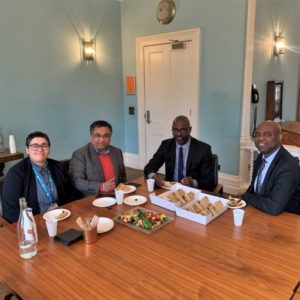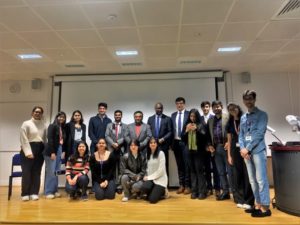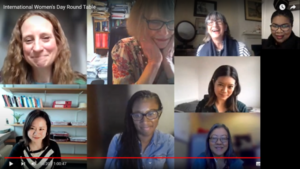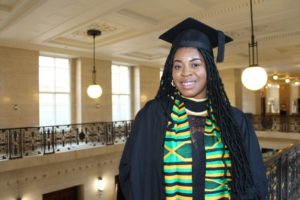Monday 20 March was a busy day of events on Birkbeck’s campus. Read Professor of Molecular Microbiology and Biochemistry, Sanjib Bhakta’s blog to find out how international connections played a part in public engagement with schools.
On Monday 20 March, Birkbeck hosted the second day of the Y20 Young Minds Conference in conjunction with UCL in the morning. The Y20 is the official youth engagement group for the G20 (Group of 20), the forum for the world’s largest and most advanced economies. The event was a Y20@G20 and ‘Young India Dialogue’ initiative, and featured prominent speakers, offering keynotes on major areas of the G20, and therefore Y20, global development agenda.
Areas addressed included Health and Wellbeing, Innovation and Industry, Energy Access and Climate Change, Gender Rights, and Collective Global Activism. Mr Sidharth Yadav, Founder President of Young India Dialogue chaired the Speakers Session of the conference. Speakers included: Mr Layne Robinson, Head of Social Policy Development Section; Mr Suresh Prabhakar Prabhu, India’s Former Sherpa to G7 & G20; Mr Falit Sijariya, India’s Y20 delegate; Mr Mohammad M. Karim and Birkbeck’s Professor Sanjib Bhakta, who spoke about the importance of antibiotic resistance research for the Health and Wellbeing portion of the event.
Birkbeck’s International Pro Vice-Chancellor, Kevin Ibeh welcomed the distinguished guests and student attendees, highlighting Birkbeck’s 200-year endeavour to reach out to the world with leading research and education.
 The morning’s events linked neatly to the afternoon public engagement event, Breaking Barriers in Science, run by the Birkbeck and UCL Institute of Structural and Molecular Biology (ISMB) Mycobacteria Research Laboratory and hosting participants from local schools.
The morning’s events linked neatly to the afternoon public engagement event, Breaking Barriers in Science, run by the Birkbeck and UCL Institute of Structural and Molecular Biology (ISMB) Mycobacteria Research Laboratory and hosting participants from local schools.
Professor Franca Fraternali, Director of ISMB, inaugurated the event and Professor Bhakta addressed the audience regarding the alarming global concern with antimicrobial resistance in tuberculosis. All attendees then had the opportunity for informal interactions with research scientists and were able to observe demonstrations and attend sessions on the topic of antimicrobial drug resistance and infectious diseases, such as tuberculosis and leishmaniasis.
The afternoon’s events were attended not only by representatives of Y20@G20 from India as in the morning event, but also by Layne Robinson, the Head of In2scienceUK, a charity promoting social mobility and diversity in STEM, and Patrick Shepherd, a member of the Social Outreach Team of the Wellcome Trust.
If you are an international student interested in studying at Birkbeck, please get in touch with our International Marketing and Recruitment Team at globalrecruitment@bbk.ac.uk.
More information:
- Find out more about the ISMB Mycobacteria Research Laboratory
- Study in Birkbeck’s School of Science



